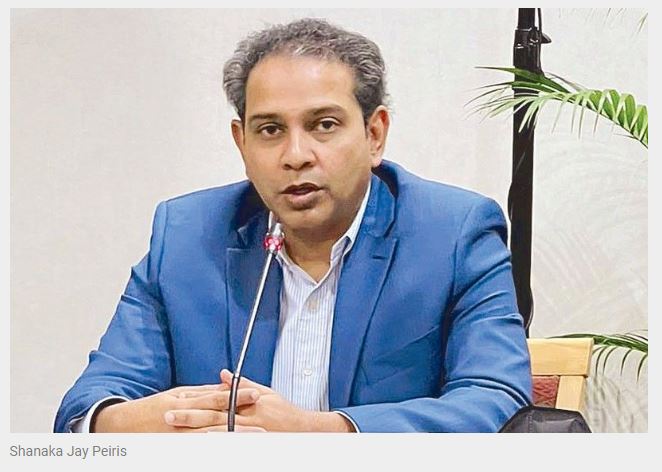IMF sees Philippine growth slowing significantly
MANILA, Philippines — The International Monetary Fund (IMF) is still expecting a significant slowdown in the economic expansion of the Philippines over the next two years despite the stronger-than-anticipated expansion in the first quarter.
IMF mission head Shanaka Jay Peiris said the multilateral lender is sticking to its gross domestic product (GDP) growth forecast of six percent this year, the same projection based on the April 2023 World Economic Outlook (WEO).
“GDP growth is set to moderate to six percent in 2023 in a challenging external environment,” Peiris said.
The Philippines booked a stronger-than-expected 6.4 percent GDP growth in the first quarter, higher than the median average of 6.1 percent based on polls of economists.
However, this was slower than the 7.1-percent expansion in the fourth quarter and the eight-percent growth recorded in the same quarter last year.
“The Philippine economy has achieved one of the strongest recoveries in emerging markets following the pandemic-related deep economic downturn,“ Peiris said.
For 2024, the former IMF resident representative to the Philippines said the GDP growth would range between 5.5 and six percent, versus the 5.8 percent forecast in the latest WEO.
The IMF’s projection for this year hits the low end of the six to seven percent GDP growth target set by the Cabinet-level Development Budget Coordination Committee, while next year’s projection is lower than the government target of 6.5 to eight percent for 2024 to 2028.
“The main downside risks to the outlook continue to be persistently high core inflation, depreciation pressures amid tighter global conditions, geo-economic fragmentation, and balance sheet impacts related to higher borrowing costs,” the IMF said.
According to Peiris, the Bangko Sentral ng Pilipinas (BSP) has hiked the policy rates by a cumulative 425 basis points, bringing the benchmark rate to 6.25 percent, helping anchor inflation expectations.
“Fiscal consolidation is underway, supporting monetary policy and contributing to debt sustainability. Medium-term fiscal consolidation efforts should be pursued while enhancing targeted social spending, promoting infrastructure investment and facilitating climate transition objectives,” he said.
On the other hand, the multilateral lender said that larger positive spillovers from China’s reopening and a stronger-than-expected recovery in investment could contribute to higher growth than currently envisaged.
“Scarring from the pandemic and downward revisions to global growth projections emphasize the importance of structural reforms to raise productivity by reducing infrastructure and education gaps, deepening financial markets and harnessing the digital economy,” the IMF said.
It said that the recent opening up of the economy to greater foreign investment and ratification of the Regional Comprehensive Economic Partnership would help the country reap the benefits of the demographic dividend, and should be complemented by strengthening existing social protection schemes and enhancing labor market flexibility to facilitate resource reallocation.
Addressing climate change adaptation and mitigation through a green growth strategy, it said, could also help develop new growth engines for the economy.
Source: https://www.philstar.com/business/2023/05/15/2266317/imf-sees-philippine-growth-slowing-significantly


 English
English




